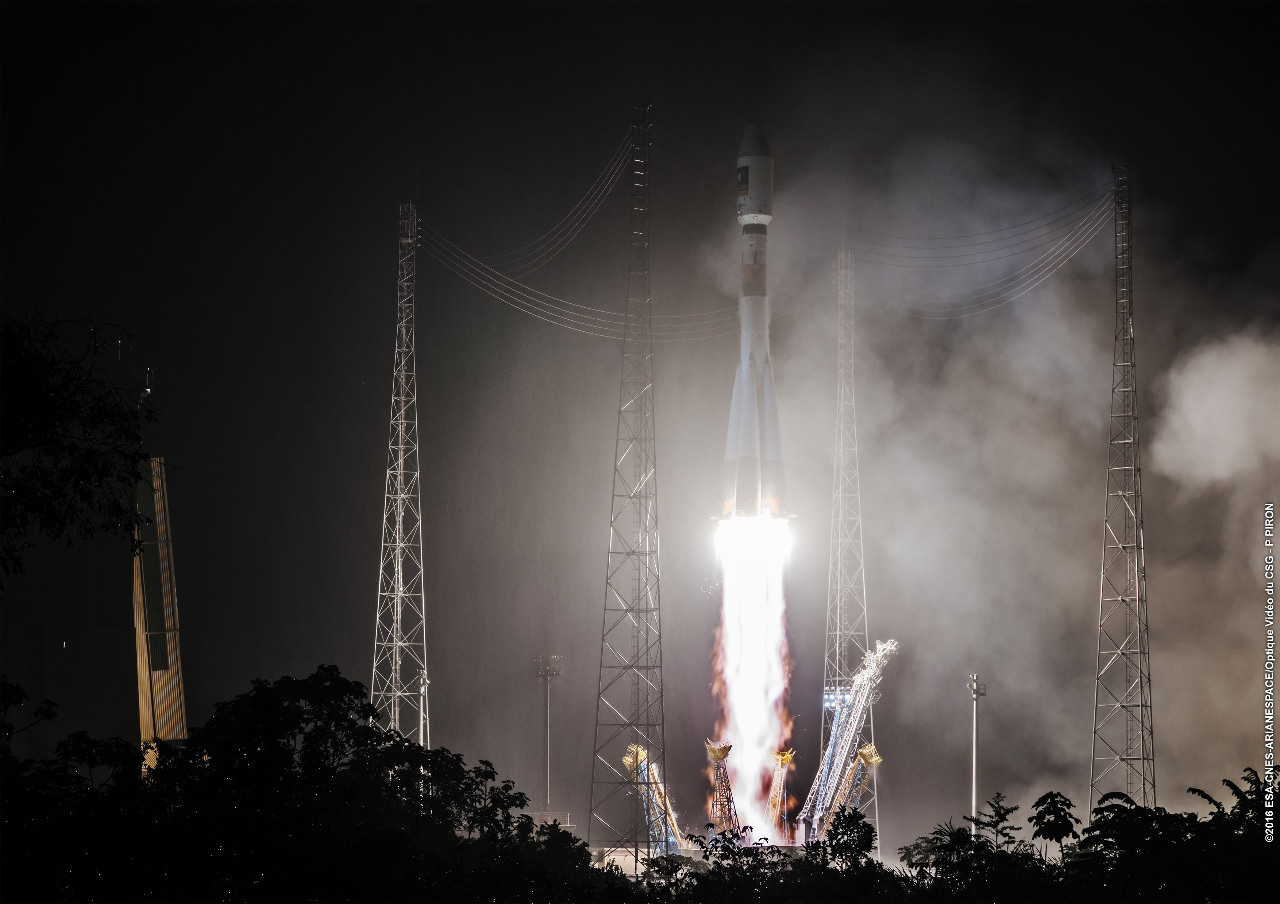Arianespace has successfully launched the 13th and 14th satellites in the Galileo constellation for the European Commission’s DG GROWTH (Directorate-General for Internal Market, Industry, Entrepreneurship and SMEs), under a contract with the European Space Agency (ESA).
The company’s second Soyuz launch of the year took place on May 24 at 5:48 am (local time) from the Guiana Space Center (CSG) in Kourou, French Guiana. The twin Galileo satellites were deployed into orbit at an altitude of 23,522km 3 hours and 48 minutes after liftoff.
With this seventh Soyuz launch from CSG at the service of Galileo, the company has now orbited 14 satellites for the global navigation system. Before the end of 2016, Arianespace will launch four more Galileo satellites, using an Ariane 5 ES launch vehicle, enabling the system to offer its initial services.
Today’s launch – the fourth launch overall in 2016 for Arianespace – marks the 250th launch from the Guiana Space Center with its family of launchers.
The Galileo global navigation satellite system (GNSS) will offer a guaranteed, high-precision positioning service, under civilian control, thereby freeing Europe from its current dependence on the American GPS system. The Galileo constellation will comprise 30 satellites, of which 14 already have been orbited by Arianespace (four IOV and 10 FOC).
The initial services offered by Galileo will be up and running by the end of this year, with full operational capacity expected in late 2020.
Given the confirmed availability of satellites, the European Commission decided early in February 2016 to sustain the Galileo deployment rate reached in 2015 by adding this Soyuz launch (VS15) to the planned Ariane 5 ES launch in November, thus boosting six more satellites into orbit in 2016.
The launch on 24th May came just 29 days after the previous Soyuz mission (VS14), setting a new record for Soyuz operations in French Guiana. The previous record was 43 days between the VS08 and VS09 flights.
Upcoming Arianespace launches include:
- Deployment of the Copernicus program’s space segment, with Sentinel-3B being orbited in 2017 by the Vega lightweight launcher;
- Continued deployment of the Galileo constellation, with three Ariane 5 ES heavy launchers being used to orbit 12 more satellites. The first of these missions is planned for November 2016; two others will follow in 2017 and 2018.

